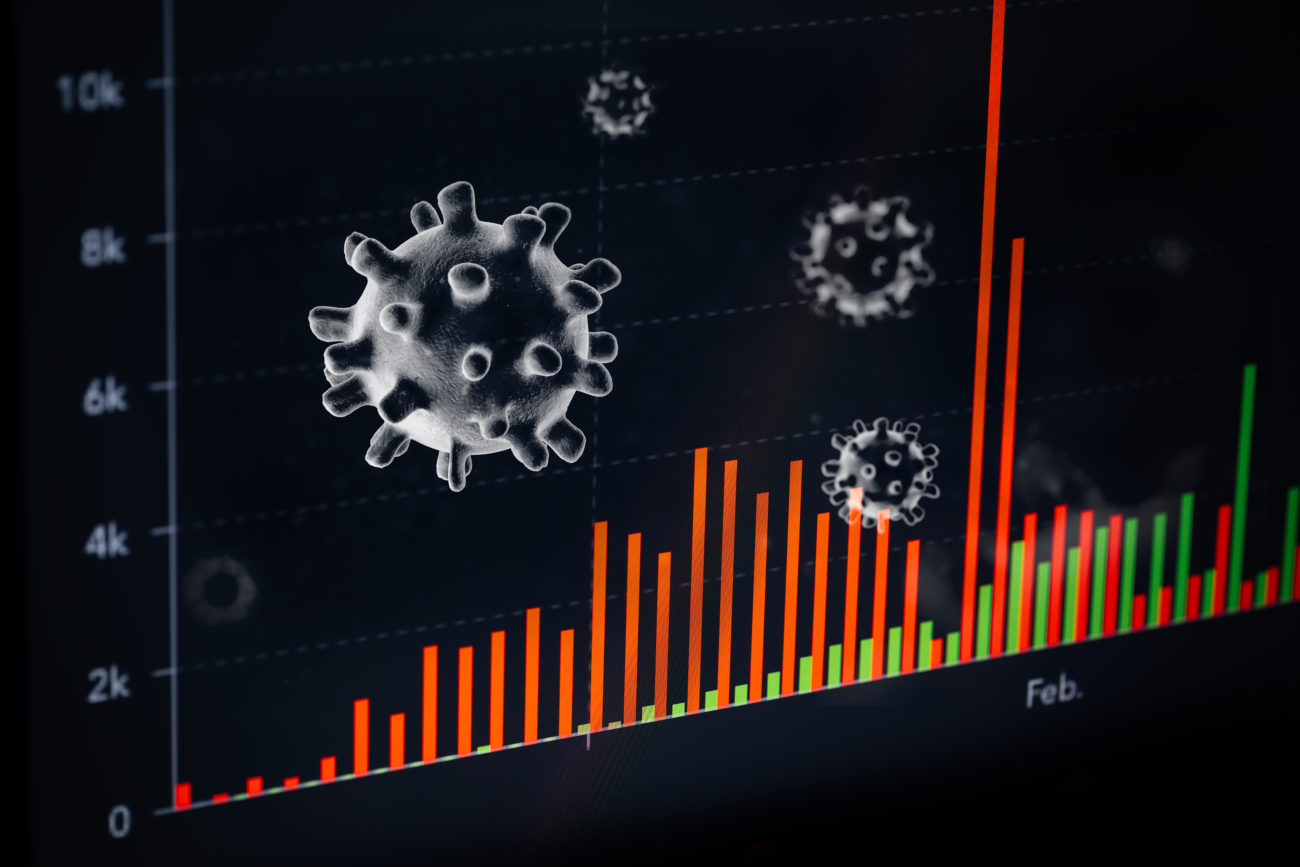Epidemiologists call for worldwide pandemic warning system
Epidemiologists and academics briefing the UN General Assembly in the inaugural science session this week urged for pathogen surveillance and an open-source global early warning system that would include data from many sources.
On Tuesday, a panel titled Challenges and Opportunities in Creating an Early Warning System for Global Pandemics cautioned that key infectious disease monitoring programs are being dismantled at a time when climate change is increasing public health threats.
“Any platform will need to include data from outside of traditional public health epidemiology, specifically about land and water use changes affected by climate,” Rockefeller Foundation Pandemic Prevention Initiative Chief Data Officer Jim Golden told Member States, Observers, and Civil Society Organizations.
He advocated “data philanthropy”—private enterprises exchanging data for the public good—and new logistics for storing and sharing data in a “sovereign” and equitable manner.
Data sovereignty is related to data security and means that data is governed by the nation where it was acquired.
Dr Golden called for a new worldwide digital collaboration. “A global network of researchers connected through an open-source data science platform capable of assessing, modelling, and solving any climate and health problem at any scale.”
On the panel, Biotia CEO and co-founder Niamh O’Hara underlined the necessity of a “federated system” of data, especially for international collaboration, where insights are connected and data sovereignty is retained.
Dr O’Hara said any early warning system should include genetics and other data streams like land use and climate.
She discussed her work inspecting bird droppings and monitoring pathogens at Chilean avian migration hotspots. She also highlighted studies on malaria and other viral co-infection in rural Nigerian patients.
Vector-borne infections account for 17% of infectious diseases.
Climate change and land use increase such transmission, said Rafael Maciel-de-Freitas, a public health researcher at Instituto Oswaldo Cruz, Fiocruz (Brazil) and Institute for Tropical Medicine (Germany).
He cited Zika’s 2013 introduction to Brazil. Since then, around 1,700 infants have had congenital Zika syndrome.
Dr Maciel-de-Freitas said an early warning system might detect micro-regions with a higher frequency of Zika cases and microcephaly in babies, a disease-related abnormally tiny head. Chemicals, pollution, and starvation could also be contributors.
He is building a dengue early warning system on the Argentina-Paraguay border.
Early warning systems and antimicrobial resistance could save millions of lives, the panellists said.
Soojin Jang, Head of the Antibacterial Resistance Lab at Institut Pasteur Korea, said one of her initiatives involves researchers gathering samples from toilets at hospitals, universities, markets, and other public locations to identify pathogens and monitor anti-bacterial resistance levels.
Dr Jang stated an early warning system for antibiotic resistance should contain multi-layers of data, especially from local and community sources.
Scientists insist data is not the issue. Maria Almiron, Unit Chief of Health Emergency Information and Risk Assessment at the WHO Regional Office for the Americas, says experts worldwide review and interpret more than 5,000 pieces of data every day.
A global early warning system could identify future epidemics and pandemics, but it also faces hurdles.
New technology like AI can be deployed, but data quality depends on qualified people working together, and political will and funding may be impediments.
Dr Almiron advocated for information system modernisation to improve data quality and availability.
Csaba Kőrösi, General Assembly President, held the third panel in an all-day Science Briefing. Other briefings included water, climate, conflict, and cooperation economics.
President Kőrösi has prioritized science and statistics in policymaking for the 77th General Assembly since entering office.
The General Assembly has three health-related workstreams out of 16. Global Health Coverage, Tuberculosis, and Pandemic Preparedness.



